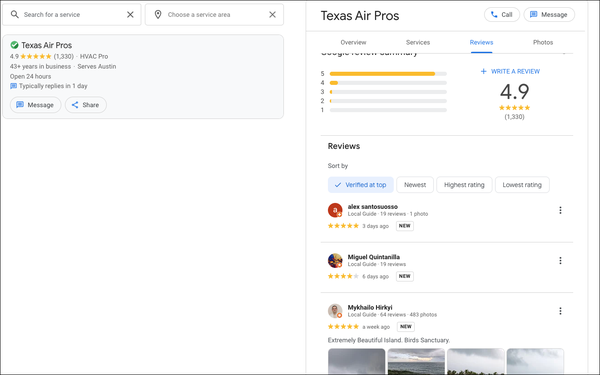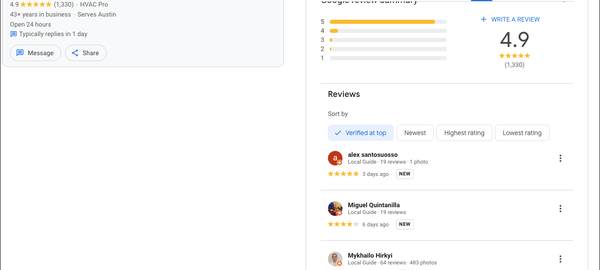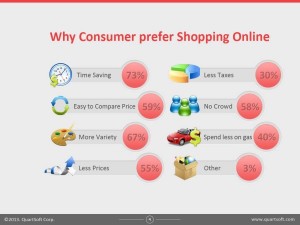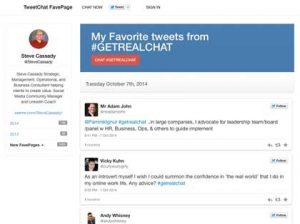Agency Finds Review Abuse, LSA Reviewjacking On Google

Review stars disappeared overnight from search results for many businesses in 2019, but rich-snippet stars for locations that were part of large multi-location chain quickly reappeared.
Some SEOs found workarounds for smaller businesses, like using product review schema, to get review stars to show even if they did not show on the website.
Search experts did this although it is a violation of Google’s policies, according to Mike Blumenthal, co-founder of Near Media, which provides analysis and support for SEO services. The tactic became common in the legal space because Google ignored violations.
“Our research shows that when Google places Local Service Ads at the top of the local search results, consumers are heavily drawn to them because of the Google Guarantee and the review ratings and stars,” Blumenthal wrote in an email to Search & Performance Insider. “In theory the Google Guarantee means that Google has vetted these businesses thoroughly and that they can be trusted by consumers to be allowed into their homes.”
He calls the lack of enforcement “problematic on so many levels.”
Two issues in particular stand out. Consumers are being deceived and the businesses that attempt to use Local Services Ads (LSAs) to gain new customers do not complete on an “even playing field” because of Google’s lack of enforcement of the rules.
Blumenthal discovered that Google is allowing spam LSA listings to hijack reviews from any Maps listing, and then dug in to see how widespread it was to understand its impact.
On Monday, Google’s Ad Liaison responded on X to these reports and noted they were looking at the issue.
“Three of the 11 listings discovered are now gone,” Blumenthal wrote. “It appears Google has manually removed some of them but it does not appear that they have applied a systemic fix.”
The abuse was first spotted in Miami, and had been widely seen in Texas. Blumenthal attributes the ability to find examples in Southern California, Colorado, Minnesota and Washington State to the work of LSA pro Tom Waddington.
In Texas there were deceptive results ranked on the first page of Google in every major market and many secondary markets.
In one example, which has now been removed, Jacob Air Duct & Dryer Vent Cleaning — which ranked first in San Antonio and Austin — borrowed 9,503 reviews from The Escape Game Austin.
Blumenthal explains that the company used Phi Heat & Air’s Texas license to get through Google’s LSA verification process. Top Team Air Pro, with 6,837 reviews from Sunset Cliffs Natural Park in California, ranks second in Houston.
A single LSA listing can service a large number of cities; Top Team Air Pro claims to service 17 metro areas in Texas.
He writes that one “’well optimized’ listings from a few bad actors can achieve broad geographic exposure.” But his biggest concern is that customers are being “duped” with fake reviews.
Near Media research shows consumers love review stars–more than they love reviews–and will go deeper into the search engine results page (SERP) when they see rich snippet review stars. Blumenthal created this video to demonstrate the behavior of a “significant minority of searchers.”
Blumenthal provides a detailed report on the challenges.
(10)
Report Post






